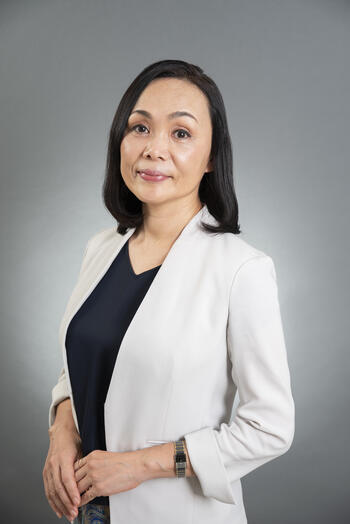Democracy and Disinformation in the Philippines
Democracy and Disinformation in the Philippines
Tuesday, March 7, 202312:00 PM - 1:15 PM (Pacific)
Virtual to Public. Only those with an active Stanford ID with access to E008 in Encina Hall may attend in person.

Increasingly, disinformation, a type of fake news with malicious or manipulative intentions, has become common in elections worldwide. However, a few survey-based studies have been conducted to understand how disinformation influences voter attitudes. We address this question in the case of the 2022 Philippine presidential election, where disinformation was rampant during the campaign. Allegedly, various types of disinformation contributed to the victory of Ferdinand “Bongbong” Marcos Jr. (hereafter BBM). In this project, we focused on the disinformation about BBM’s father, the late dictator Ferdinand Marcos Sr. and conducted two survey-based studies. Study 1 examined the association between BBM support and belief in disinformation about Marcos Sr., and we found they were highly correlated. Study 2 tested the direction of causality by an experimental survey. Contrary to our expectations, those exposed to disinformation reduced support for BBM. At the same time, Study 2 showed that fact checks help correct respondents’ evaluation of disinformation. We conclude that although disinformation played a role in the 2022 presidential election, more research is needed to understand how exactly voter behavior and disinformation are related.
ABOUT THE SPEAKER

Virtual to Public. Only those with an active Stanford ID with access to E008 in Encina Hall may attend in person.
